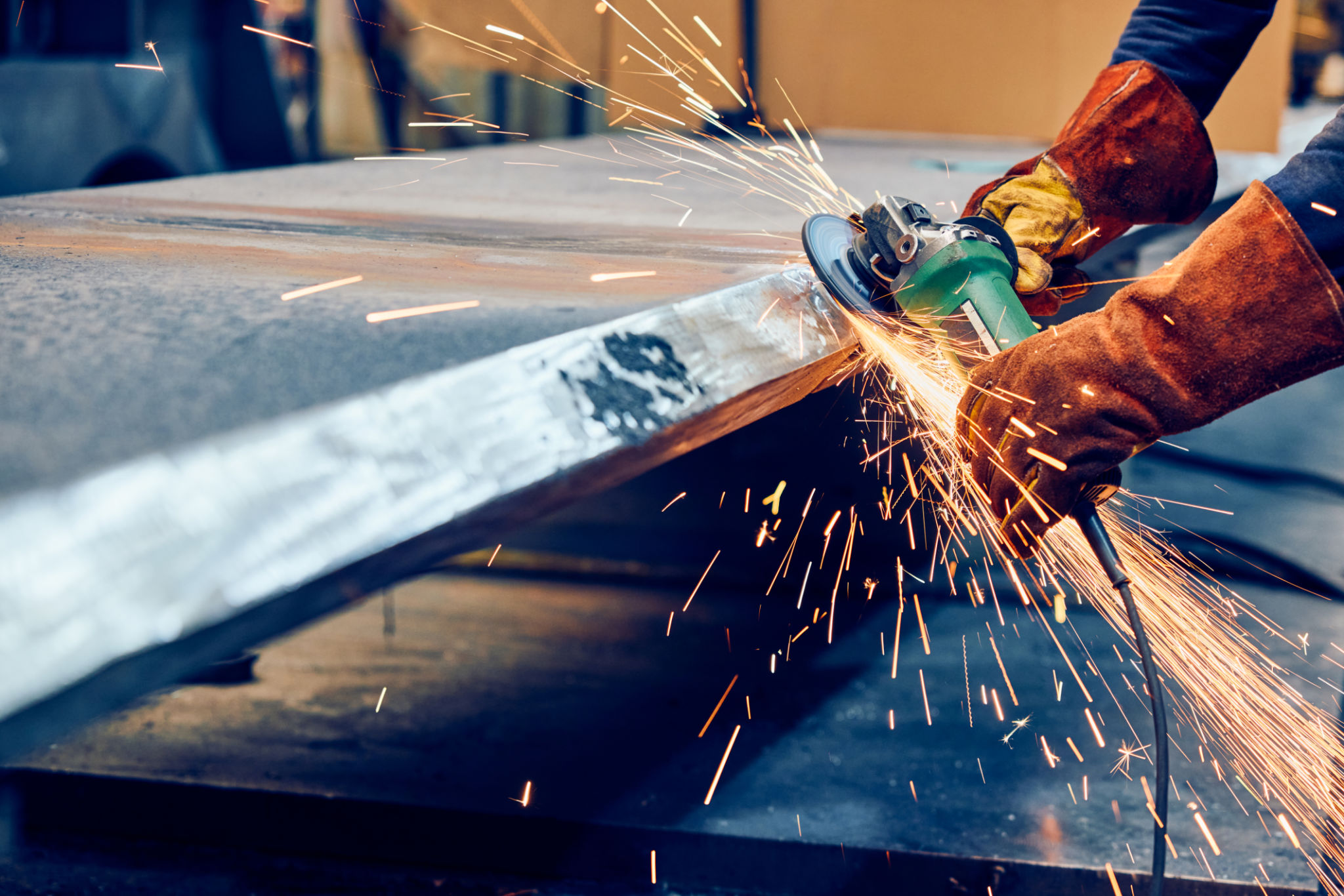Comprehensive Guide to Metal Fabrication Techniques in Yarra Ranges
Introduction to Metal Fabrication
Metal fabrication is a crucial process in modern manufacturing, playing a vital role in various industries, from construction to automotive. In the vibrant region of Yarra Ranges, metal fabrication has become an essential craft, supporting numerous businesses and projects. This guide explores the comprehensive techniques used in metal fabrication, providing insights into the processes and tools that shape this dynamic field.

Common Metal Fabrication Techniques
Cutting
Cutting is one of the most fundamental techniques in metal fabrication. It involves separating metal into smaller sections using various methods such as sawing, shearing, or laser cutting. Laser cutting is especially popular for its precision and efficiency, allowing fabricators to create intricate designs with minimal waste.
Bending
Bending involves deforming metal into a desired angle or shape without breaking it. This technique is often performed using press brakes, which apply force to bend the metal accurately. Bending is essential for creating components like brackets and enclosures that require specific angles and curves.

Welding
Welding is a process of joining two or more metal pieces together by melting them at the joining point. It is a core technique in metal fabrication, enabling the creation of complex structures and assemblies. Various welding methods exist, including MIG, TIG, and arc welding, each suited to different materials and project requirements.
Advanced Techniques in Metal Fabrication
Stamping
Stamping involves pressing a metal sheet into a desired shape using a die. This technique is highly efficient for producing large volumes of identical parts. Stamping is commonly used in automotive and appliance manufacturing, where consistency and speed are crucial.

Casting
Casting is a process where molten metal is poured into a mold to create complex shapes. It allows for the production of large parts with intricate details that would be challenging to achieve with other techniques. Casting is widely used in industries such as aerospace and heavy machinery.
The Role of Technology in Metal Fabrication
Technological advancements have significantly impacted metal fabrication, introducing innovations like CNC machines and 3D printing. CNC machining enhances precision and consistency, enabling fabricators to produce complex parts with minimal human intervention. Meanwhile, 3D printing offers new possibilities in rapid prototyping and customizable design.

Choosing the Right Technique for Your Project
Selecting the appropriate fabrication technique depends on several factors, including the material type, project complexity, and budget. Understanding the strengths and limitations of each method is essential for achieving optimal results. Collaborating with experienced fabricators in Yarra Ranges can help you navigate these choices effectively.
In conclusion, mastering the various metal fabrication techniques is crucial for successful manufacturing in the Yarra Ranges. From traditional methods like cutting and welding to advanced processes like CNC machining and 3D printing, each technique offers unique benefits that cater to different project needs. By leveraging these skills and tools, businesses can continue to innovate and thrive in this growing industry.
